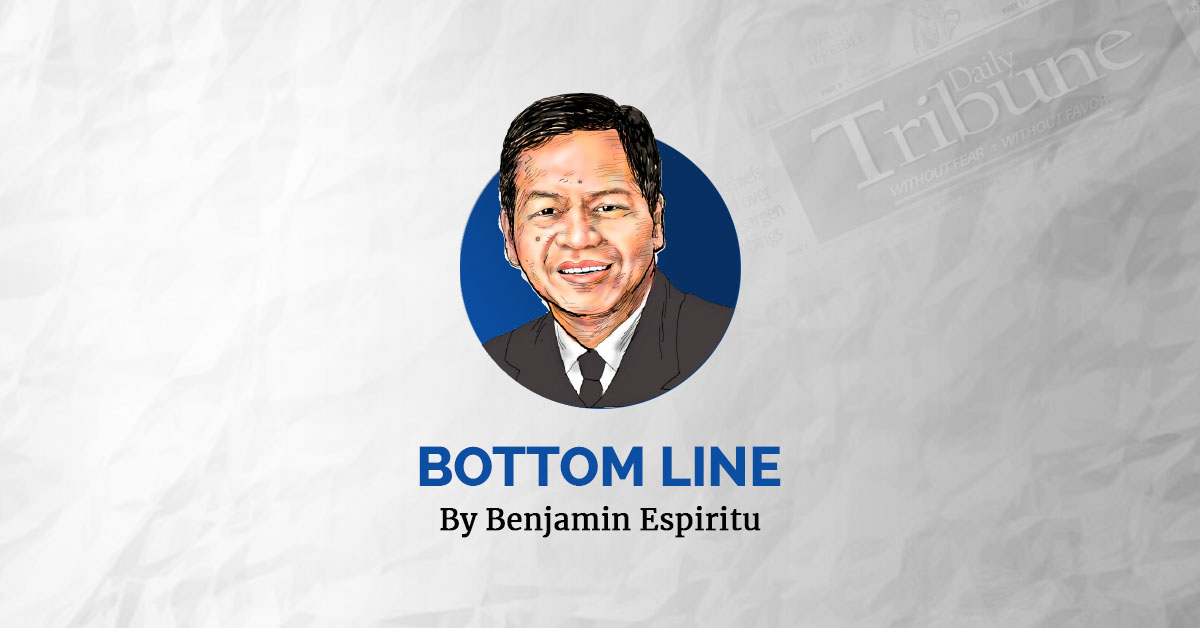The problem of reading and literacy for a considerable number of young Filipino students is something that has been constantly discussed in the last several years. The pandemic has compounded this problem.
According to a World Bank report on learning poverty released last year, at least 90 percent of Filipino children aged 10 have difficulty in reading and writing basic text. This follows the results of the 2018 Programme for International Student Assessment where the Philippines scored the lowest out of the 79 countries that participated in the reading literacy assessment.
The World Literacy Foundation estimates that the problem of literacy is costing the country P258 billion or $4.72 billion every year. It is a multi-dimensional crisis that has social, economic, political, and, ultimately, national security implications of such magnitude that, if not timely and appropriately addressed, will have a severe adverse impact on the country today and in the future.
The government is cognizant of the problem and has been undertaking measures to address the crisis. The Vice President and Education Secretary Sara Duterte acknowledged this problem in her Basic Education Report given early this year. The House of Representatives recently approved House Bill 7414 which aims to improve literacy in the country. Several private sector organizations are also doing their share to improve reading and literacy in their own spheres of influence.
World Literacy Foundation estimates that the problem of literacy is costing the country P258 billion or $4.72 billion every year.
However, as stated, the problem is of such magnitude that the government and a few private sector organizations cannot totally solve it on their own. This is a crisis that needs “all hands-on deck” to be solved effectively.
Here in Calapan City, my son, Benedict “Ben” Espiritu, undertook a study on reading and literacy in some of our adopted schools. The results of his study made him launch a program, “Libo Libro (thousand books),” under our family foundation, the Gov. Arturo Arce Ignacio Sr. Foundation, to develop early literacy and a love of reading in students of the city’s public grade schools.
The first phase of the program is a reading and learning materials drive, the objective of which is to supplement current reading initiatives of partner schools by providing quality reading and learning materials to both teachers and students.
Last month, “Libo Libro” distributed quality reading and learning materials to three public elementary schools that will benefit over 2,000 learners. The reading materials were sourced from kind friends and civic organizations who believe in the objectives of the program.
Yesterday, on the eve of Benedict’s 28th birthday, he distributed books to an additional two public elementary schools that will benefit 600 students. He hopes to scale up his solicitation of quality reading and learning materials to help the public elementary schools in the 62 barangays of Calapan City.
The second phase of “Libo Libro” will entail the running of community-based reading and literacy development activities to further empower students. The third phase of the program is to create educational spaces for students and community members for their personal and academic development.
It is acknowledged that the country currently has a reading and literacy crisis. I am happy to say that in Calapan City, the private sector and the government are working together to address this. The “Libo Libro” program is an example of what can be done that can be replicated in other parts of the country.
I have always believed in the capability of Filipinos to overcome obstacles, to do what has to be done, and to do it well. As we have Benedict Espiritu here in Calapan City, I am sure that we have one like him in the 81 provinces, 146 cities, and 1,488 municipalities in the archipelago. With a firm resolution to do what is right, we will not only overcome our current reading and literacy crisis but can actually excel here. Yes, Filipinos can.
Thank you for what you are doing, Benedict. Happy Birthday! I am truly proud of you.
